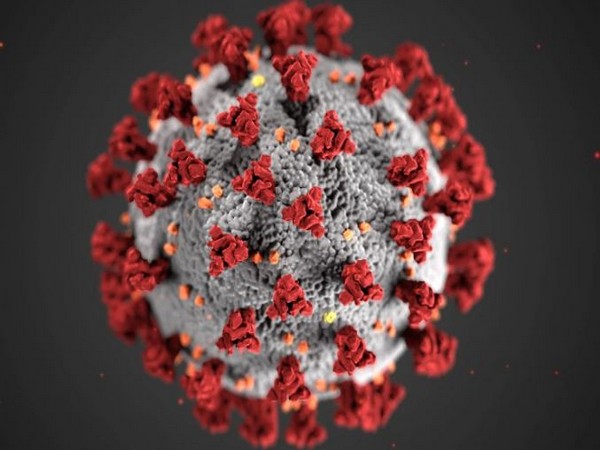What you need to know about the coronavirus right now
Spain fully vaccinates 70% of its population Spain said on Wednesday 70% of its population had been fully vaccinated against COVID-19, fulfilling a goal set by the government for August, while the incidence rate kept the decreasing tendency of the past month after a big surge.

Here's what you need to know about the coronavirus right now: Australian doctors warn of risks to hospitals once curbs ease
Australian doctors on Thursday warned the country's hospitals are not ready to cope with the government's reopening plans, even with higher vaccination rates, as some states prepare to move from a virus suppression strategy to living with COVID-19. The Australian Medical Association (AMA) said the health system was in danger of being locked into a "permanent cycle of crisis" and has called for new modeling to check if staffing levels in hospitals can withstand an expected surge in cases when lockdown rules ease.
Pfizer, Merck launch new trials of oral COVID-19 drugs Pfizer Inc and Merck & Co Inc announced on Wednesday new trials of their experimental oral antiviral drugs for COVID-19 as the race to develop an easy-to-administer treatment for the potentially fatal illness heats up.
Rivals Pfizer and Merck, along with Swiss pharmaceutical Roche Holding AG, have made the most progress in developing what would be the first antiviral pill to treat, or possibly prevent, COVID-19. The U.S. gives the third vaccine dose to over 1 million people
The United States has administered a third dose of either Pfizer Inc-BioNTech or Moderna Inc's COVID-19 vaccines to over 1 million people since Aug. 13, when regulators authorized an additional shot for immunocompromised people. The CDC recommends a third dose at least 28 days after the second dose of either Pfizer or Moderna vaccines for people with moderate to severely compromised immune systems, who are likely to have weaker protection from the two-dose regimens.
South Korean health workers drop strike plans after agreement South Korean frontline health workers on Thursday dropped plans to strike after they reached an agreement with the government on their demand for increased staffing and better work conditions during last-ditch negotiations overnight.
The Korean Health and Medical Worker's Union had warned some of its 80,000 members, including nurses, medical engineers, and pharmacists who say they are exhausted from battling waves of COVID-19 outbreaks, would begin striking from Thursday if their demands were not met. Upon the union's request, the government agreed to establish at least four public infectious disease hospitals by 2024, draft detailed nurse deployment guidelines per the severity of COVID-19 patients by October, and expand funding to subsidize those treating contagious diseases to go into effect in January 2022. Spain fully vaccinates 70% of its population
Spain said on Wednesday 70% of its population had been fully vaccinated against COVID-19, fulfilling a goal set by the government for August, while the incidence rate kept the decreasing tendency of the past month after a big surge. With over 66 million doses administered, 70.3% of the Spanish population had received by Aug. 31 a complete vaccination program while 77% had been partially vaccinated, Health Ministry data showed.
(This story has not been edited by Devdiscourse staff and is auto-generated from a syndicated feed.)
ALSO READ
England's Squad Ready for Australian Challenge: A Tactical Approach
South Korean Firms Brace for U.S. Tariff Turbulence Under Trump's 2024 Win
AUSTRAHIND 2023: Fostering Indo-Australian Military Synergy
Tech Glitch Halts Australian Airports: Identity Kiosks Down
Australians Set to 'Call Time' on Social Media for Under-16s










